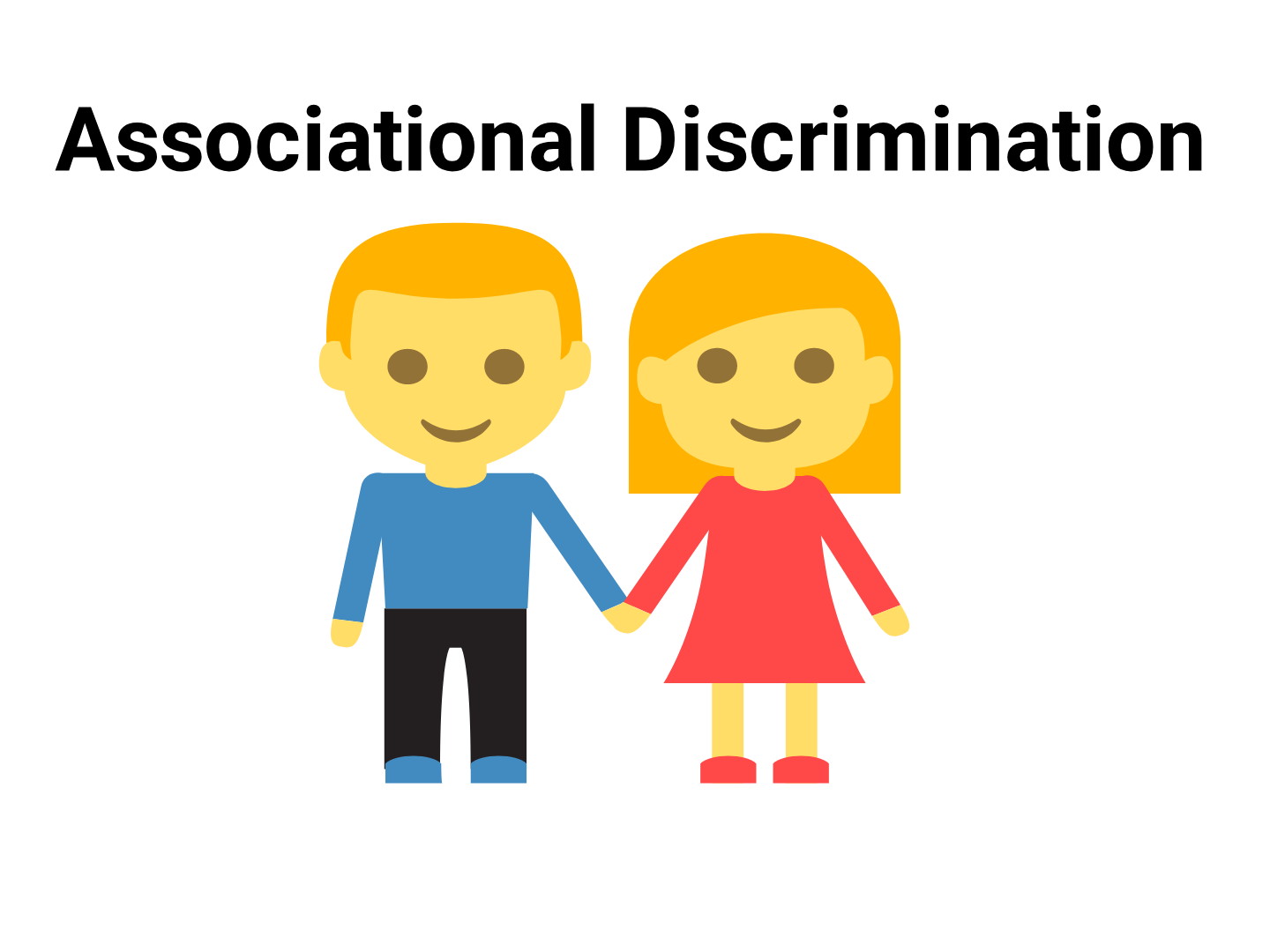- Free Consultation: (631) 352-0050 Tap Here to Call Us
Associational Discrimination Under the Americans With Disabilities Act

The Americans with Disabilities Act (ADA) prohibits, among many other things, employers from discriminating against employees with disabilities. In addition to protecting employees with disabilities, the law also protects employees who associate or have a relationship with another individual who has a disability. Today’s Long Island employment law blog discusses the law concerning associational discrimination under the ADA and a recent appellate court decision related to such claims.
The explicit language of the ADA prohibits employers from denying jobs or benefits to individuals because of a known disability the individual has or because the individual is known to associate or have a relationship with another person who has a disability. In an associational discrimination disability case, plaintiffs must prove, among other elements, that an adverse employment decision was made “under circumstances” which allows an inference that the disability of a relative or associate caused the employer’s decision. One way to show this is by establishing distraction evidence. A plaintiff can show distraction with evidence that the employer was motivated to take action against the employee out of fear that the employee will not pay attention at work because of the disability of a disabled person.
In Kelleher v. Fred A. Cook, Inc., the plaintiff-employee worked as a laborer. Just months after starting work, the employee’s daughter was born with a neurological disorder. Later the next year, the employee told his supervisor about his daughter’s condition and that because of the condition, on occasion he would need to rush home to care for her. The employee alleged that after this disclosure, his work conditions deteriorated. For example, his work location changed and his coworkers were offered assignments at higher wages than he was assigned.
At or about the same time, the employee was told that he could not leave work immediately at the end of his shifts because he had to stay for emergencies. The employee asked to work 8 hour shifts for a short time to address his daughter’s medical condition. In response, supervisors allegedly told him, “his problems at home were not the company’s problems.”
The following day, the employee’s daughter suffered a serious seizure and was treated at a hospital. The employee told the company he could not work the next day because of the situation. When he returned to work, he learned he had been demoted.
Thereafter, the employee again asked to work 8 hour shifts so that he could visit his daughter in the hospital, but the company denied the request. Nearly three weeks later, the employee arrived 15 minutes late to work. The company sent him home and weeks later he was terminated.
The employee sued the company alleging his termination violated the ADA. The trial court disagreed and dismissed the case, ruling the termination was because of a fear of distraction, but rather because he was unable to work the entire day. The employee appealed.
The appellate court reviewed two parts of the employee’s disability discrimination case which overlapped; whether the plaintiff was qualified for his job and whether the absenteeism was a legitimate justification for the termination.
The ADA requires that employers provide reasonable accommodations to disabled employees. But, the Second Circuit noted that the ADA does not require that employers provide reasonable accommodations to non-disabled employees who are associated with a disabled person. The employer argued that the employee’s request for shift changes and absenteeism were such improper requests for accommodations to which he was not entitled.
The Second Circuit rejected the employer’s argument. The Court held that although the employer was not required to accommodate the employee’s request, the employer’s reaction to the request could constitute discrimination. In the Kelleher case, the Court found evidence that the employee adequately alleged actionable disability discrimination based on the allegation that the employer told the employee that his problems at home were not the problem of the company. The Court further held that the small isolated infractions alleged in the complaint did not render the employee unqualified for his job.
Moreover, along with the statement about problems at home, the Court determined that the demotion following shortly after missing a day of work to take care of his daughter adequately plead that the employer’s actions were motivated based on the employee’s association with his disabled daughter.
The Kelleher case makes clear that employers are not required to accommodate an employee because of the employee’s association with a disabled person (though the FMLA and other state statutes may provide protections for such issues). But, the case also makes clear that employers cannot make employment decisions out of fear that an employee’s association with a disabled person may cause them to miss some work or minimally violate workplace rules.
If you have questions about the disability discrimination, associational discrimination, the ADA, or FMLA, contact a Long Island employment lawyer. Our telephone number is 631-352-0050.
Associational Discrimination under the ADA








